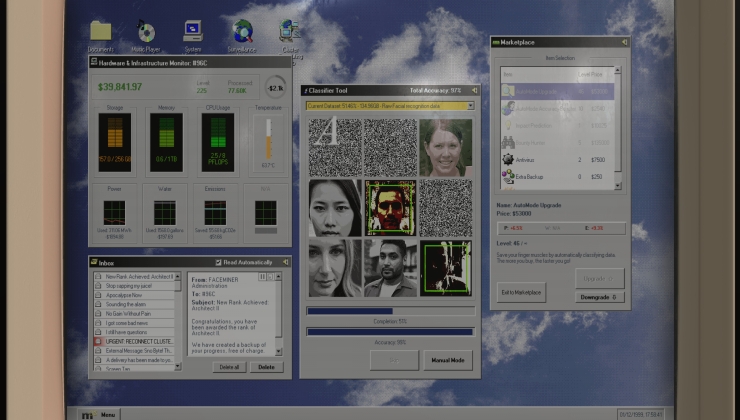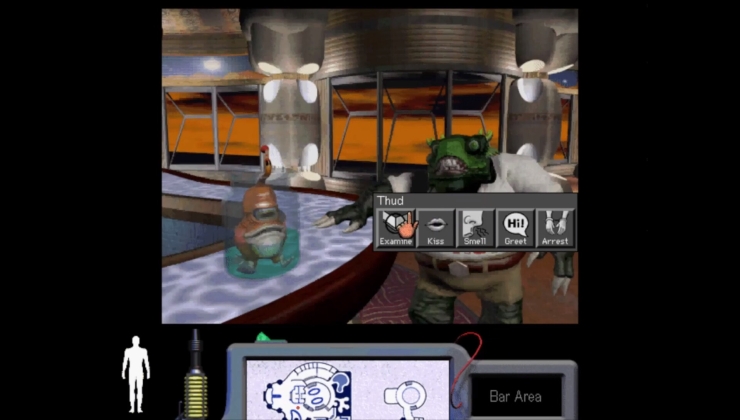War Thunder is a game I enjoy playing with friends quite a lot, and after recently Linux distro hopping from Fedora to openSUSE and then back to the safety of Kubuntu - my sound in War Thunder wouldn't work. But I have a potential solution for you that worked for me.
It's odd, because I've never actually seen this problem before. When loading into it today, there was no sound and the game's own sound settings claimed there was "NoSound Driver". Confusing, but after a little bit of Googling around, I thankfully found this is an issue others have encountered.
For starters, you likely need the "pipewire-pulse" package installed if you're on PipeWire, and then you can just use this as a Steam launch option for the game (Right click -> Properties -> Launch Options):
FMOD_ALSA_DEVICE=pulse %command%
Solution found thanks to a War Thunder technical mod in this post on the old official forum where someone had the same issue on EndeavourOS. I've repeatedly tested it and it fixes it without fail every time. I thought it might be worth sharing in case any other War Thunder fans suddenly face the same issue. Hope it helps. Happy thundering.
War Thunder has Native Linux support and it is Steam Deck Verified. Play free on Steam.
Not something you'd normally have installed or need to have.
Fascinating. Do you have WarThunder installed standalone, or via Steam? I've got it installed via Steam and never had this issue on Kubuntu 20.04 and 22.04, and previously on Peppermint 8.Well, clearly on Steam, since the article is directly talking about running it via Steam with a Steam launch option ;)
In particular, some versions of FMOD detected Pulseaudio by running "pulseaudio --check". If pulseaudio wasn't present, it'd fall back to ALSA. When pipewire is used instead, the PulseAudio API will work (Pipewire support its), but FMOD will never try it, because there's no "pulseaudio" binary, and so "pulseaudio --check" fails. And since FMOD is not expecting there to be a sound server with ALSA, it tries to use the raw audio device directly, conflicting with Pipewire, sometimes resulting in no sound (War Thunder), sometimes crashing (Octodad).
Setting FMOD_ALSA_DEVICE=pulse uses the pulseaudio/pipewire ALSA emulation, making the ALSA backend work (assuming you have the ALSA plugin installed, which may need to be 32-bit for some games). The other fix is to symlink /usr/bin/pulseaudio to /usr/bin/true, so the check passes, and FMOD uses its PulseAudio backend. I've found the latter more stable (and it doesn't need a per-game startup option).
More details:
https://gitlab.freedesktop.org/pipewire/pipewire/-/issues/1514
In particular, some versions of FMOD detected Pulseaudio by running "pulseaudio --check".Excellent. That reminds me of some Visual Pinball tables that used ping to create a delay in VBS following a recommendation on stackoverflow.
and after recently Linux distro hopping from Fedora to openSUSE and then back to the safety of KubuntuAnd before that it was Manjaro right?
Folks, I think our Liam is a noob










 How to set, change and reset your SteamOS / Steam Deck desktop sudo password
How to set, change and reset your SteamOS / Steam Deck desktop sudo password How to set up Decky Loader on Steam Deck / SteamOS for easy plugins
How to set up Decky Loader on Steam Deck / SteamOS for easy plugins
See more from me